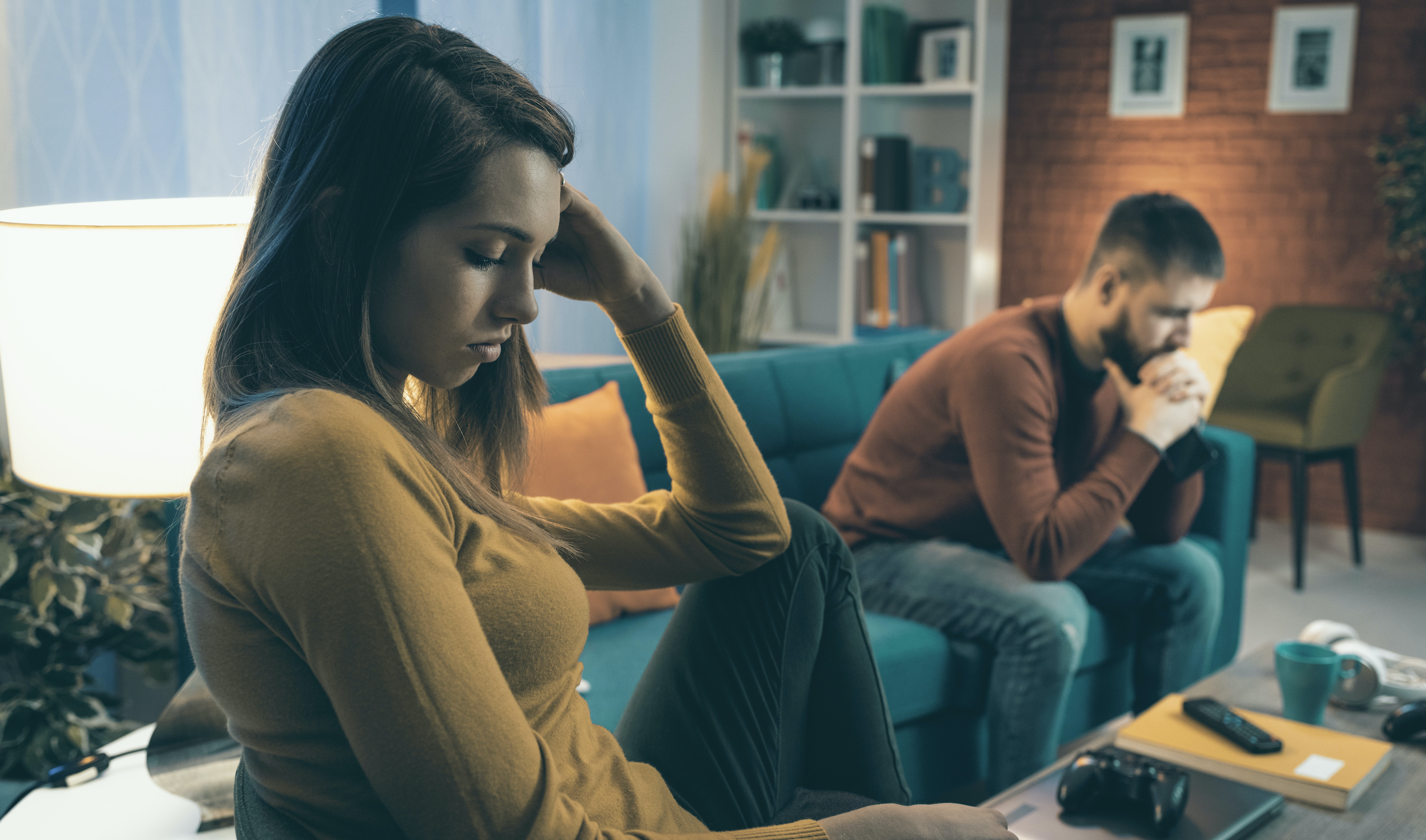Tag: Support
-

How to Reduce Rumination and Stress by Doing More and Thinking Less
Ruminating. Catastrophising. Panicking. All describe the breakdown of logical reasoning that happens when we are in such a state of anxiety that our thinking is paralysed. So how is it possible to stop going over and over a source of worry? The answer to reduce rumination isn’t more thinking, it’s more doing. Why Can’t I…
-

What To Do When Your Husband, Wife or Partner Refuses to Go to Couples Counselling
Relationship counselling starts too late for most couples and when one of the partners decides they need help, it’s not unusual for the spouse to be resistant to couples counselling. So what can you do if your partner won’t attend therapy? People often delay relationship counselling out of embarrassment or to avoid cost. Some partners…
